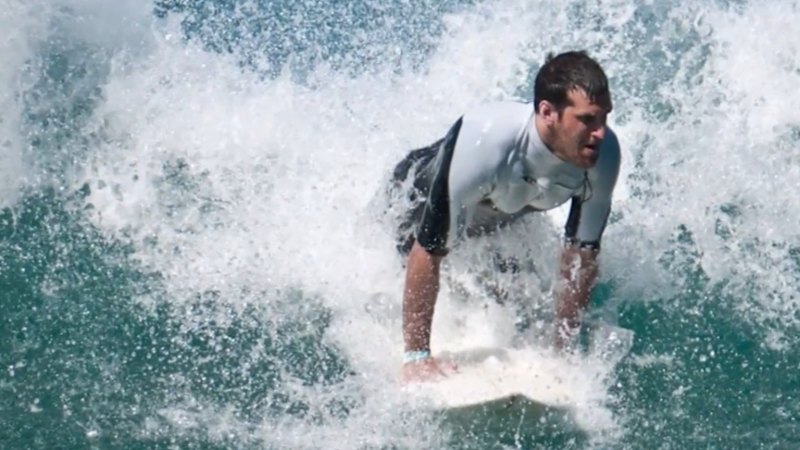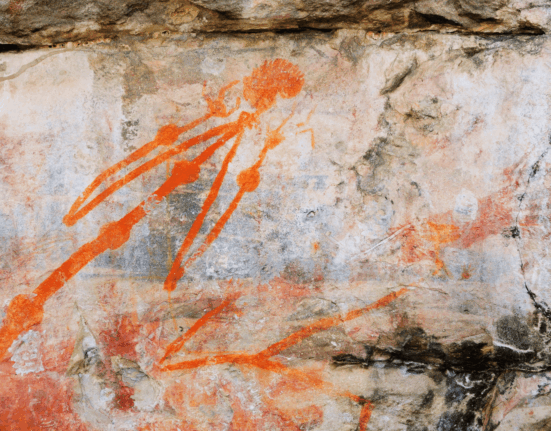Imagine the serene beauty of a sunny day at the beach, the gentle waves lapping at the shore, and the warm sun kissing your skin. Now, picture the sudden terror that strikes when danger lurks beneath those same inviting waters. This juxtaposition of tranquility and fear is a reality for many who venture into the ocean, a reality tragically realized in a recent shark attack incident.
In a chilling revelation from a recent inquest, it was disclosed that the victim of a fatal shark attack was not wearing a shark deterrent device at the time of the incident. This finding has sparked a wave of discussions and debates surrounding beach safety measures and personal responsibility in the face of nature’s unpredictable forces.
The incident, which occurred on a popular beach known for its crystal-clear waters and sandy shores, sent shockwaves through the community. Witnesses described a scene of chaos and disbelief as the shark struck swiftly, shattering the idyllic seaside atmosphere. The victim, a young surfer with a passion for the ocean, had been enjoying a typical day of riding the waves when tragedy struck.
Experts in marine biology and shark behavior have weighed in on the incident, highlighting the importance of understanding these apex predators and taking necessary precautions while enjoying ocean activities.
Sharks, as apex predators, play a crucial role in maintaining the delicate balance of marine ecosystems. While shark attacks are rare, they can have devastating consequences, underscoring the need for vigilance and respect for these powerful creatures.
The absence of a shark deterrent device on the victim at the time of the attack raises questions about the efficacy of such technologies in preventing shark-human encounters. Shark deterrents, ranging from electronic devices to chemical repellents, are designed to create a “safe zone” around the user, reducing the likelihood of a shark mistaking them for prey. However, their effectiveness and practicality remain subjects of debate among experts and beachgoers alike.
Dr. Samantha Reynolds, a marine biologist specializing in shark ecology, emphasized the importance of informed decision-making when it comes to shark safety. “While deterrent devices can offer an added layer of protection, they should not be seen as foolproof solutions. Understanding shark behavior, respecting their habitat, and practicing situational awareness are equally essential,” she stated.
The tragedy also sheds light on the broader issue of human-wildlife interactions in an increasingly crowded and interconnected world. As more people flock to coastal areas for recreation and tourism, the chances of encounters with wildlife, including sharks, inevitably rise. Balancing the conservation of marine species with the safety of beachgoers poses a complex challenge that requires collaboration between scientists, policymakers, and the public.
John Smith, a marine conservationist, emphasized the need for comprehensive strategies that consider both human and environmental factors. “Effective shark management involves a multi-faceted approach, including habitat protection, public education, and research into non-lethal deterrent methods. We must strive for coexistence rather than conflict,” he stated.
In the aftermath of the tragic incident, authorities have ramped up efforts to enhance beach safety protocols and raise awareness about shark hazards. Public education campaigns, signage, and emergency response plans are being bolstered to better prepare communities for potential shark encounters. However, the ultimate responsibility for personal safety lies with individuals who choose to enter the ocean’s domain.
As the sun sets on another day at the beach, casting golden hues over the horizon, the echoes of the shark attack serve as a somber reminder of nature’s untamed power. While we may never fully eliminate the risks of sharing the seas with sharks, we can strive to coexist harmoniously with these majestic creatures, respecting their role in the intricate tapestry of marine life.
In memory of those who have fallen victim to shark attacks, let us honor their legacy by advocating for responsible stewardship of our oceans and embracing a shared vision of a world where humans and wildlife thrive together in mutual respect and understanding.









Leave feedback about this